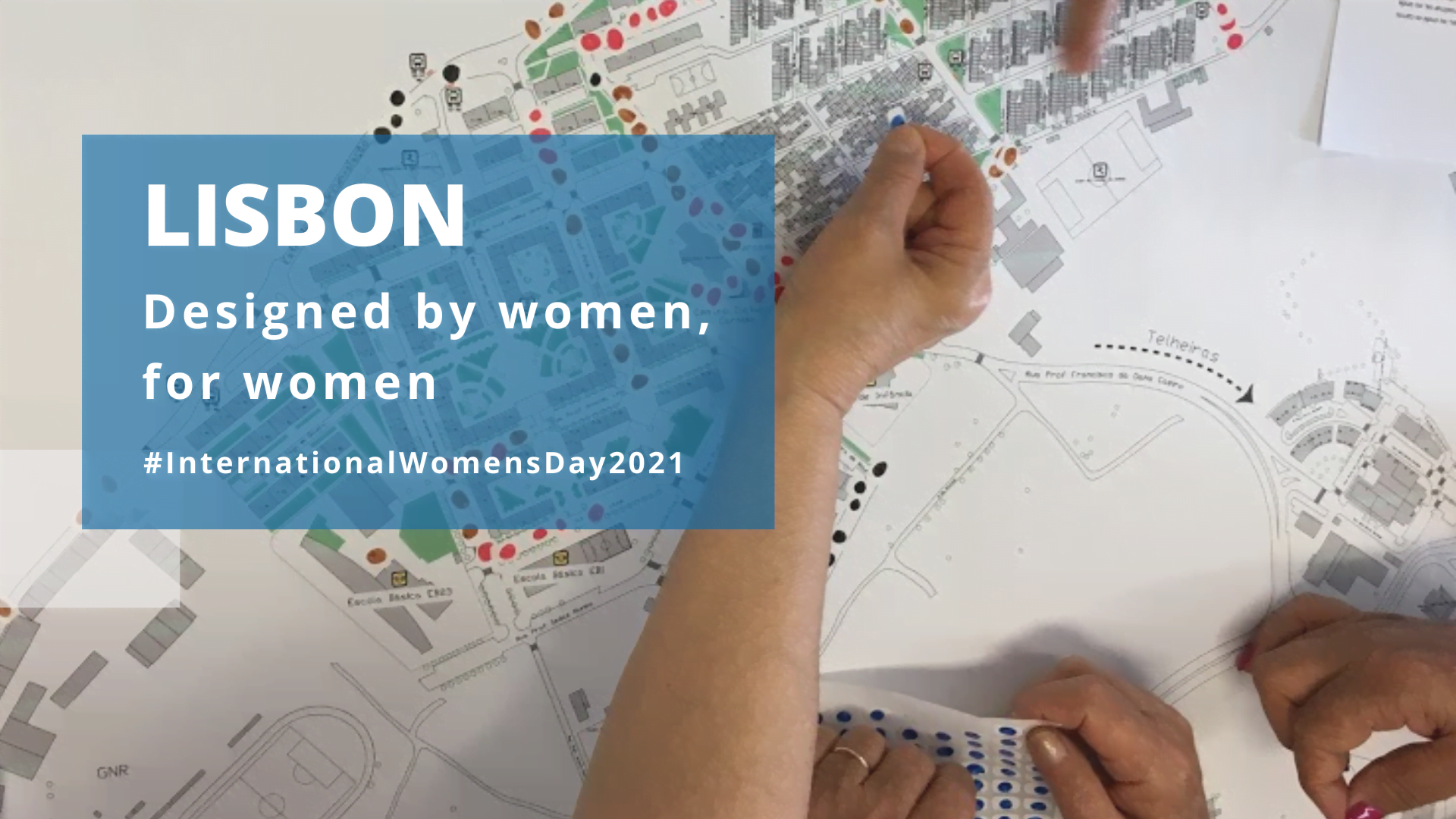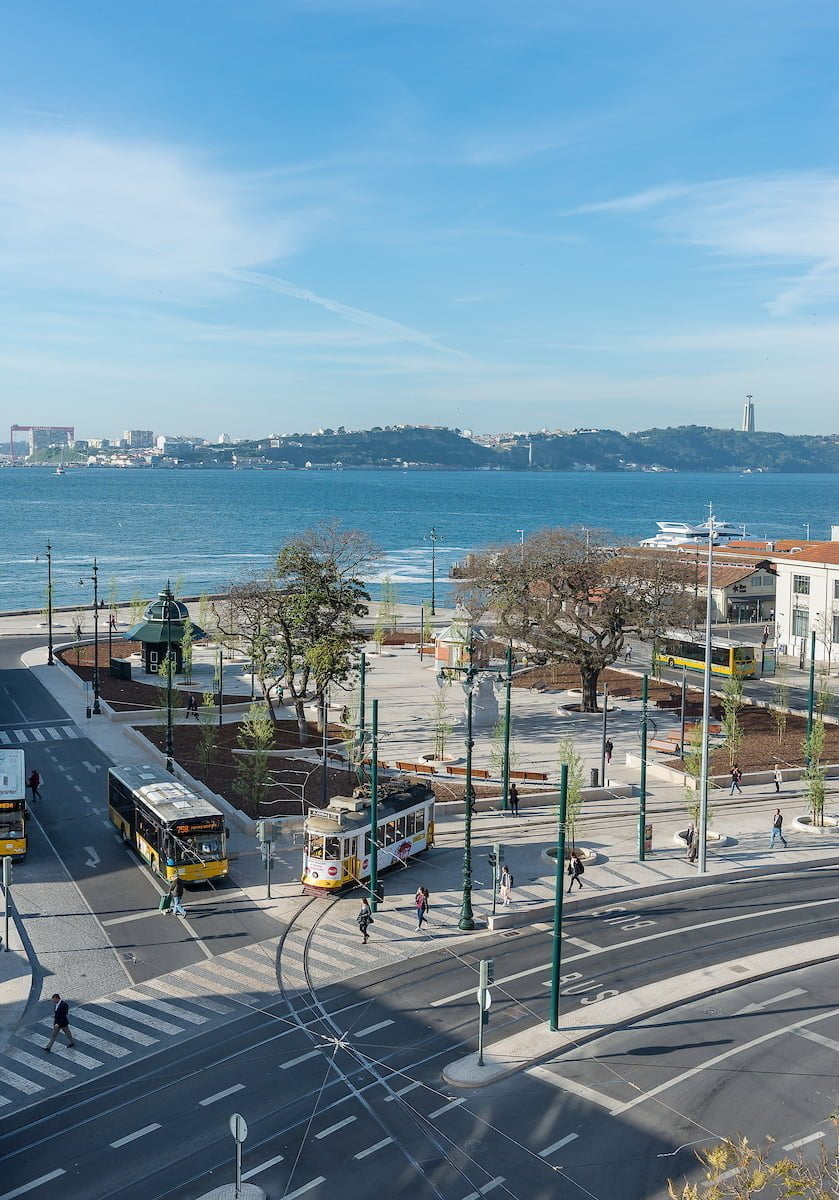Lisbon: A truly intersectional mobility agenda
Not all women’s mobility needs are the same. A student’s transport requirements differ from her mothers, or her grandmother; therefore, what suits one woman, may not be appropriate for another. Gender inclusive planning in Lisbon has been attempting to capture these divergences between women of varying ages and socio-economic backgrounds.
The Portuguese capital, Lisbon (2018 European Mobility Week award winner), has played host to a range of programs aiming to make transport more accessible and inclusive.
As such it is little surprise that Lisbon is home to some of the most pioneering urban mobility planning. One project in the Padre Cruz Neighbourhood is bringing together the range of needs of female passengers. Using focus groups with women and girls, the Padre Cruz Pilot Project examined experiences of and attitudes towards road safety, personal safety, and harassment, identifying their primary issues and concerns.
Rita Jacinto from Lisbon City Council, a lead researcher on the project, presented some of the findings to POLIS’ Safety and Security Working Group on Security of Women in Public Transport. Alongside other mobility experts from POLIS members across Europe, who also shared research on gender inclusion strategies, Jacinto exhibited how this participatory approach avoided a one-size-fits-all approach to planning.
The research revealed some startling, yet perhaps unsurprising truths about women’s mobility.
“We spoke with girls as young as 13. Some were very aware of the sexual harassment they face in public spaces and while using public transport. A teenager girl said: ‘I put my headphones on so that I don’t hear the men harassing me when go home from school. My mother tells me not to react, so I put the music loud and I don’t hear them. If I did, I would feel like I’d have to say something back and that wouldn’t be good’, says Jacinto
In stark contrast, other women had very different travel concerns.
“One woman, a mother of two, spoke of the added difficulty it was to walk to/from the bus stop or to the tube station; she must navigate a badly lit street, carrying her son in her arms, while juggling her purse and grocery bags,” reported Jacinto.
This process of refashioning mobility services requires a broad conversation. The project involved local organisations and key stakeholders, bus company engineers and city mobility planners, working to re-design urban space to suit gendered patterns of travel.
This work adds to wider efforts across Lisbon in understanding gendered mobility. EMEL, the organisation responsible for mobility and parking in the city is establishing a survey into mobility habits and motivations underpinning transport options. The survey, which is part of the European project TinnGO aims to analyse factors of gender inequality in access and use of these.
“Our goal is to better understand the perceptions and experiences of different modes of transport, in order to understand the specific barriers and exclusion factors,” says Nuna Sardinha from EMEL.
Lisbon’s methodology holds important lessons for future urban mobility planning. By bringing women – from all demographic groups- to the forefront, transport services can deliver the heterogenous needs of female users.

